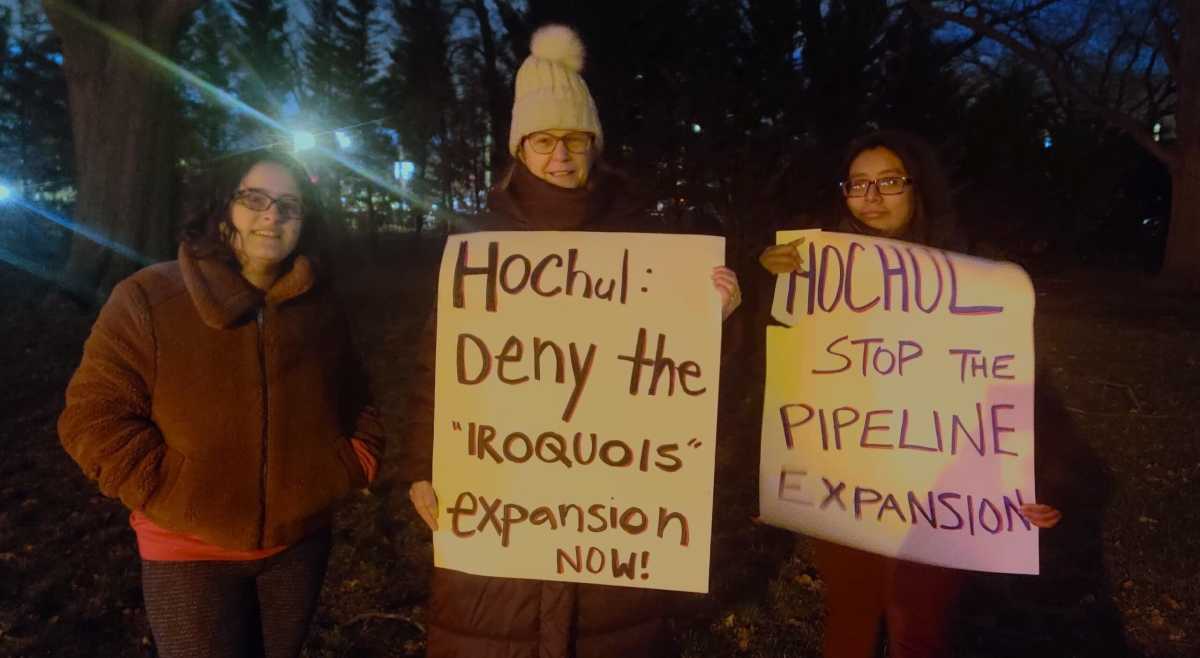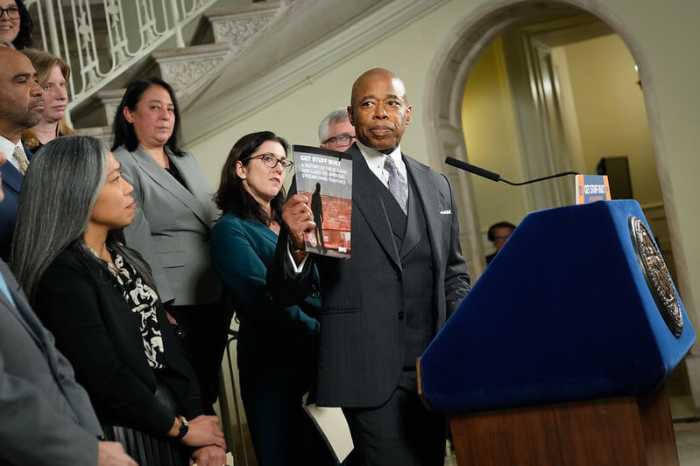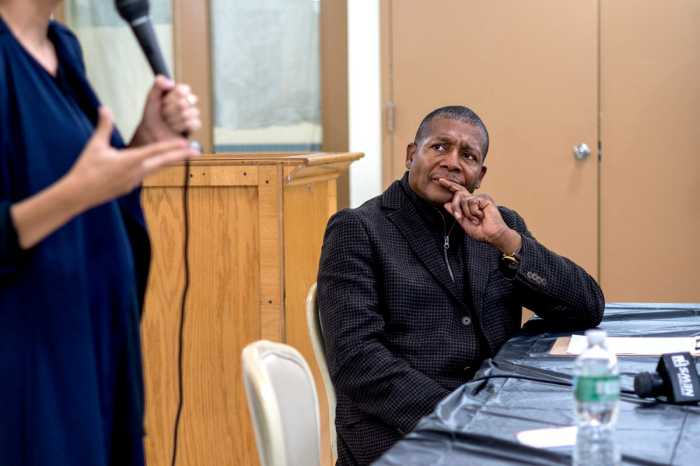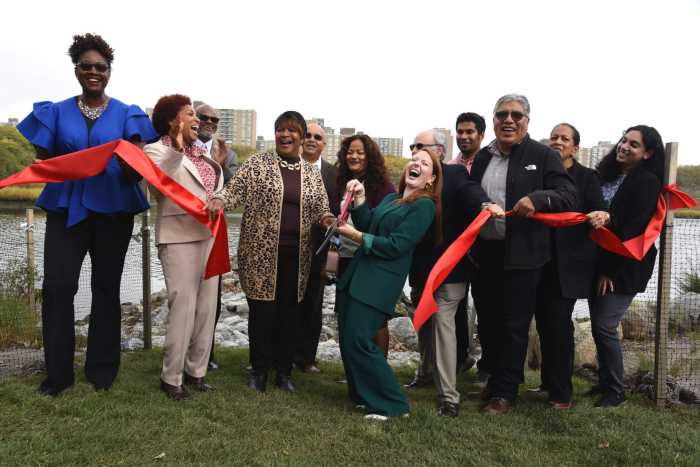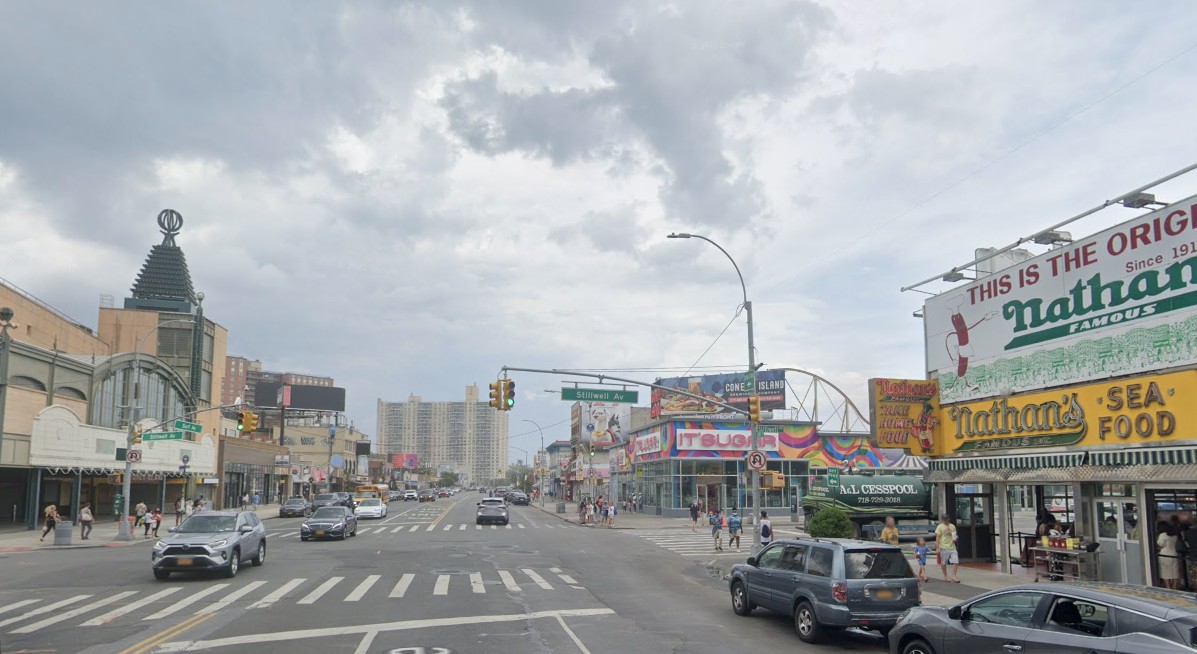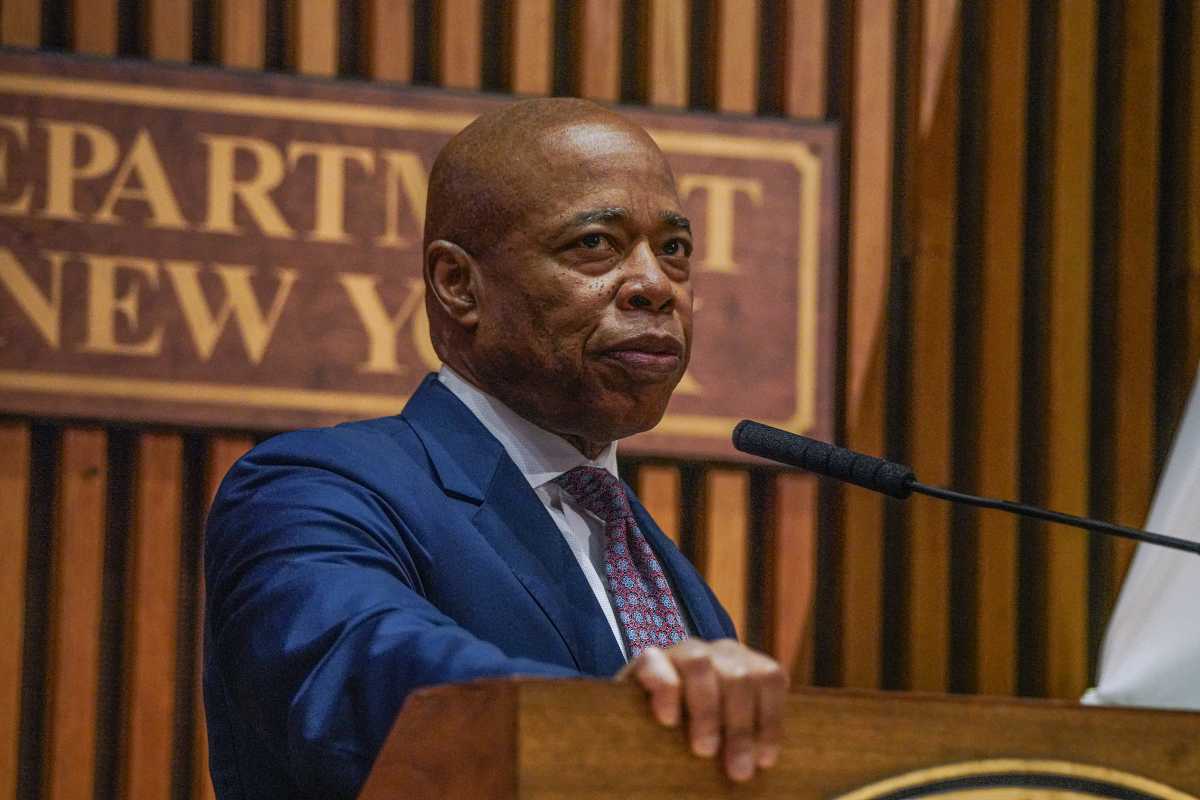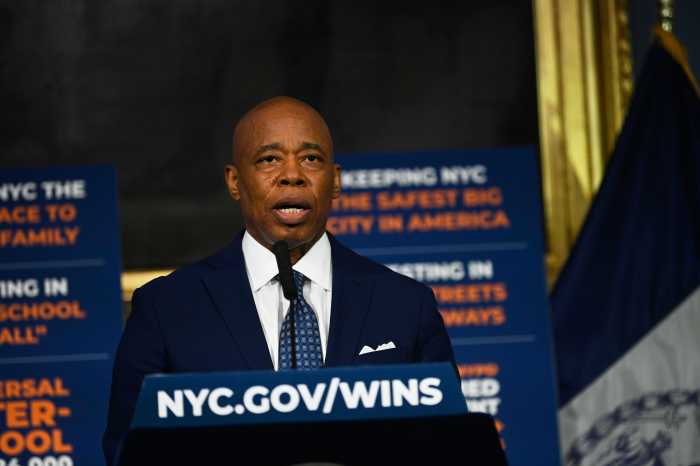Brooklyn advocates are demanding that Governor Kathy Hochul and Mayor Eric Adams stop the increase of gas flowing from the Iroquois pipeline.
The Iroquois Gas Transmission System LP is a 414 mile-long natural gas pipeline that extends from the Canadian border to the Bronx through New York State and western Connecticut, including Native American Iroquois land. Iroquois has proposed installing new 12,000 horsepower compressors since utility companies, National Grid and Con Edison, have requested to move more gas to meet demand. The expansion would allow the pipeline’s gas capacity — obtained through fracking — to increase by 125 million cubic feet per day. This is equivalent to the capacity of 2.5 billion house gas stoves.
According to Iroquois gas pipeline company, the gas will be used for construction as well as cooking and heating by residents and businesses in New York City and Long Island. The pipeline is owned by four U.S. and Canadian energy companies — TransCanada Corporation, Dominion Resources, KeySpan Corporation, New Jersey Resources Corporation, and Energy East Corporation.
As Hochul attended an event in Brooklyn on Tuesday evening, protesters gathered outside, calling on the governor to put a stop to the expansion.
“You can’t convince me that massive of a move is not going to make the pipeline leak gas into the atmosphere,” said John Pope, a Kensington resident and member of Food & Water Watch. “For effective climate action, we have to do a lot of things at the same time. We’ve got a lot of pieces of the puzzle and we need to continue to put them together. By doing the gas ban here in New York, we’re going to ensure that there is a place for renewable energy to go. If we don’t build electric buildings, we can clean up the grid all we want and it’s not gonna matter.”
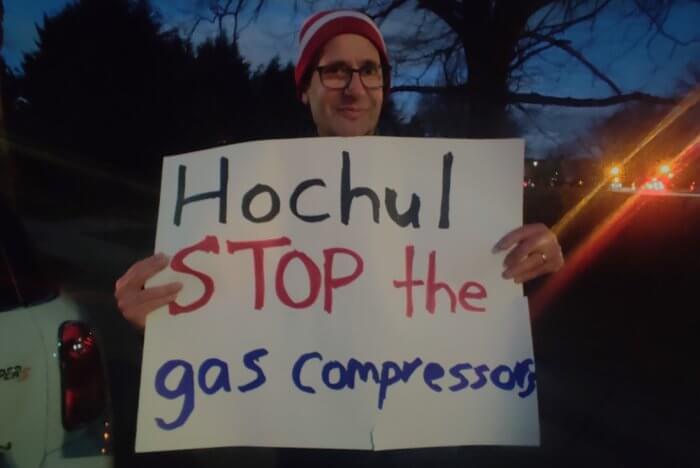
The proposal to expand fracked gas in New York City comes despite opposition from the federal Environmental Protection Agency, local legislation to ban fossil fuels in new construction, and legislation to ramp down emissions in the building sector through Local Law 97.
“The mayor shouldn’t open up loopholes in the law that would allow large building owners and developers to put up their buildings with high energy efficiency, which is what cuts pollution and creates large numbers of jobs,” said Pete Sikora, Greenpoint resident and Senior Advisor of he mayor has a big choice in front of him. He can stand either with working New Yorkers for jobs and reducing pollution or he can do what the real estate industry wants him to do and gut or severely weaken the law. The big regulatory decisions are to come to fully implement and enforce it and he’s got to make the right choice.”
In her State of the State address, Governor Kathy Hochul endorsed a push to end fossil fuels in new construction.

“I’m calling for all new construction to be zero-emission, starting in 2025 for small buildings and 2028 for large buildings. We are taking these actions because climate change remains the greatest threat to our planet, and to our children and grandchildren,” said the governor in her speech at the state Capitol.
New York adopted a Climate Action Plan on December 2022, pushing the state to reach 70% renewable energy in the next seven years. The plan calls for transitioning homes to clean heating. As part of the path to meet these goals, the All-Electric Building Act, that is being revised by a Senate committee, proposes to ban the use of fossil fuels in all new construction statewide by December 31, 2023.
“So far, the administration has done a professional job,” said Sikora. “They have professional staff implementing the law, but the two biggest decisions are still to come and we expect those in the next few months. It’s a critical period for New York City’s future.”


